A firsthand look into ranching on tribal lands with Santana Nez
Julie Ann Wrigley Global Futures Laboratory
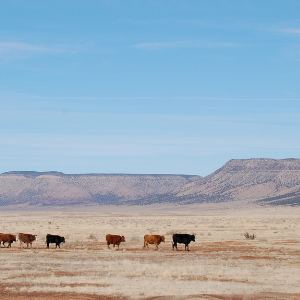
A firsthand look into ranching on tribal lands with Santana Nez
Santana Nez recently spoke to our Food Policy and Sustainability Leadership Cohort during the virtual immersive farm tour held in December, 2020. She provided students with a firsthand look into her experiences as a Native American beef cattle producer.
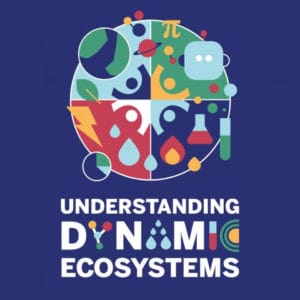
AAAS Annual Meeting
Arizona State University partnered with the American Association for the Advancement of Science (AAAS) to co-host the virtual 2021 AAAS Annual Meeting titled “Understanding Dynamic Ecosystems.” Different university units shared
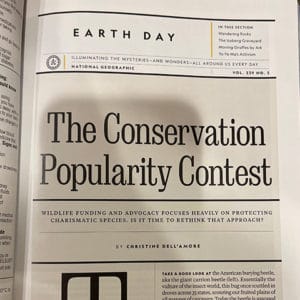
Conservation can’t just be a popularity contest
ASU Center for Biodiversity Outcomes Founding Director Leah Gerber was featured in this year’s Earth Day issue of National Geographic in a story titled “The Conservation Popularity Contest: Wildlife funding

Teaming up with program leads
In FY21, the ASU Center for Biodiversity Outcomes introduced the program leads model to scale the reach and impact of our research and activities. This selected group of faculty affiliates
Recap: Measuring impact using the Sustainable Development Goals framework
On Wednesday, March 24, Project Cities Program Manager Steve Russell was joined by Dr. Gregory Broberg, community partners Tracie Hlavinka (Town of Clarkdale) and Jay Davies (City of Peoria),
Peoria Planning and Zoning Commission offers key insights on student project
On Thursday, March 18, 2021, PC faculty and students convened with the City of Peoria’s Planning and Zoning Commission to discuss one of the spring 2021 student projects. Project Cities

Make a difference for local plants and pollinators
Read the ASU Now story As part of the citizen scientist initiative taking place throughout April, we will be hosting a welcome webinar on Thursday, April 1, at 9:00 a.m.
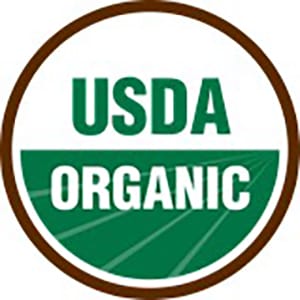
Innovating organic agriculture
The Organic Food Production Act (OFPA) of 1990 celebrated its 30th birthday last November, and it has stood the test of time. The organic industry has grown to over $55 billion each year, with 16,585 organic farms in the U.S. Additionally, each year more American consumers purchase organic food, with health as a primary motive. In 2020, 82% of U.S. families had purchased organic food at least once in the year. While the organic industry has changed, the original law has not; the OFPA has remained unamended in the thirty years since it was passed.
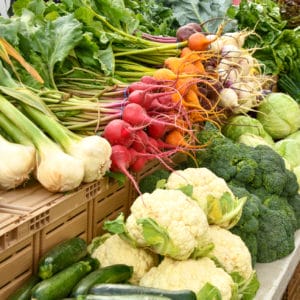
Food Systems career panel on April 2
Wondering what you can do with a Sustainable Food Systems degree? Join the ASU Swette Center for Sustainable Food Systems for our first career panel on Friday, April 2nd, from 1-2pm AZ via Zoom.
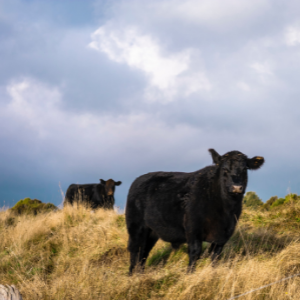
Cattle ranching and conservation
“Growing up, we were always told that if you take care of the land, the land will take care of you,” said Frank Krentz, an Arizona cattle rancher. This statement rang true throughout our conversation with Frank while our class learned more about his role in conservation efforts on his family’s ranch and other ranches in Arizona.

When She Leads: The power and potential of women’s entrepreneurship
On March 16th, 2021 the United Nations Global Compact’s Target Gender Equality Live event convened leaders from business, government, civil society and academia to discuss and demonstrate how the private

Gerber quoted in Bioscience: Scientists key to decision-making in critical times
Leaders in the scientific community are calling for better ways to incorporate science into decision-making during periods of crisis and beyond. Gerber's work on structured decision-making is cited in the article.